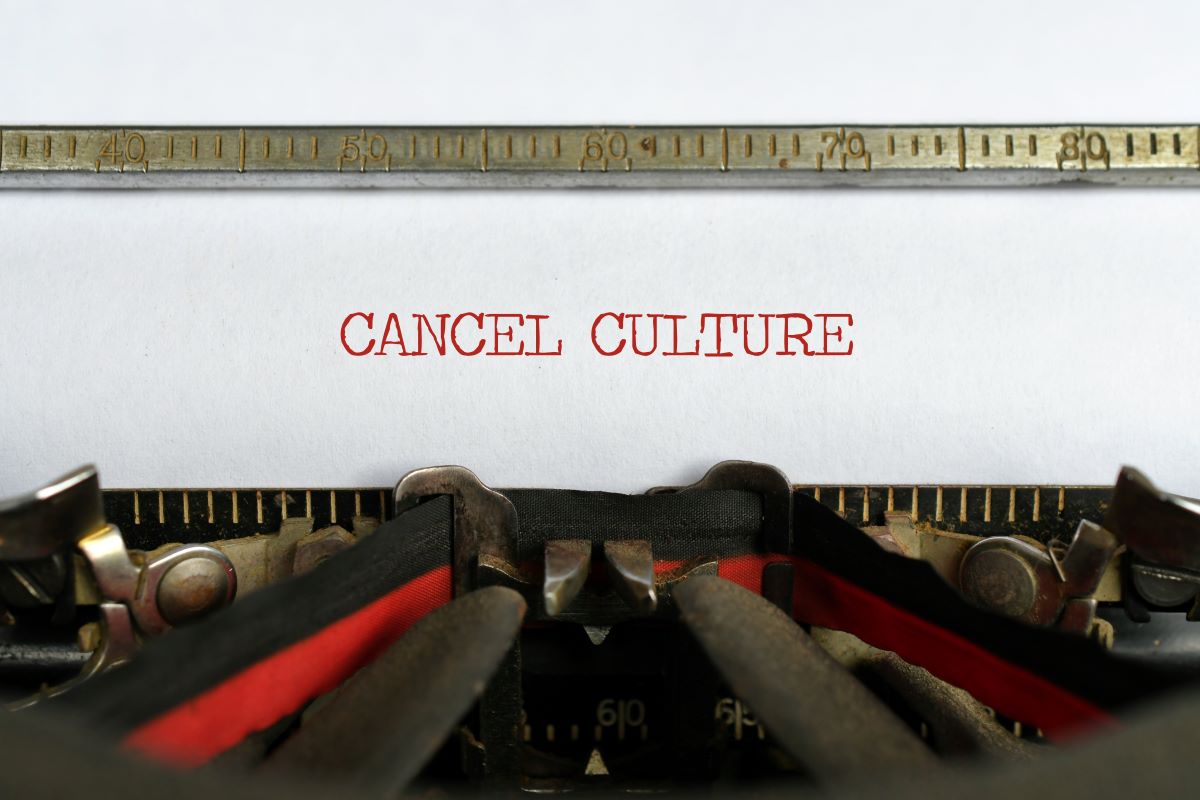It seems like you can’t say anything these days without someone calling foul. Has the UK taken political correctness too far? Here’s a straightforward look at how cancel culture might be getting out of hand.
1. Comedy Censorship
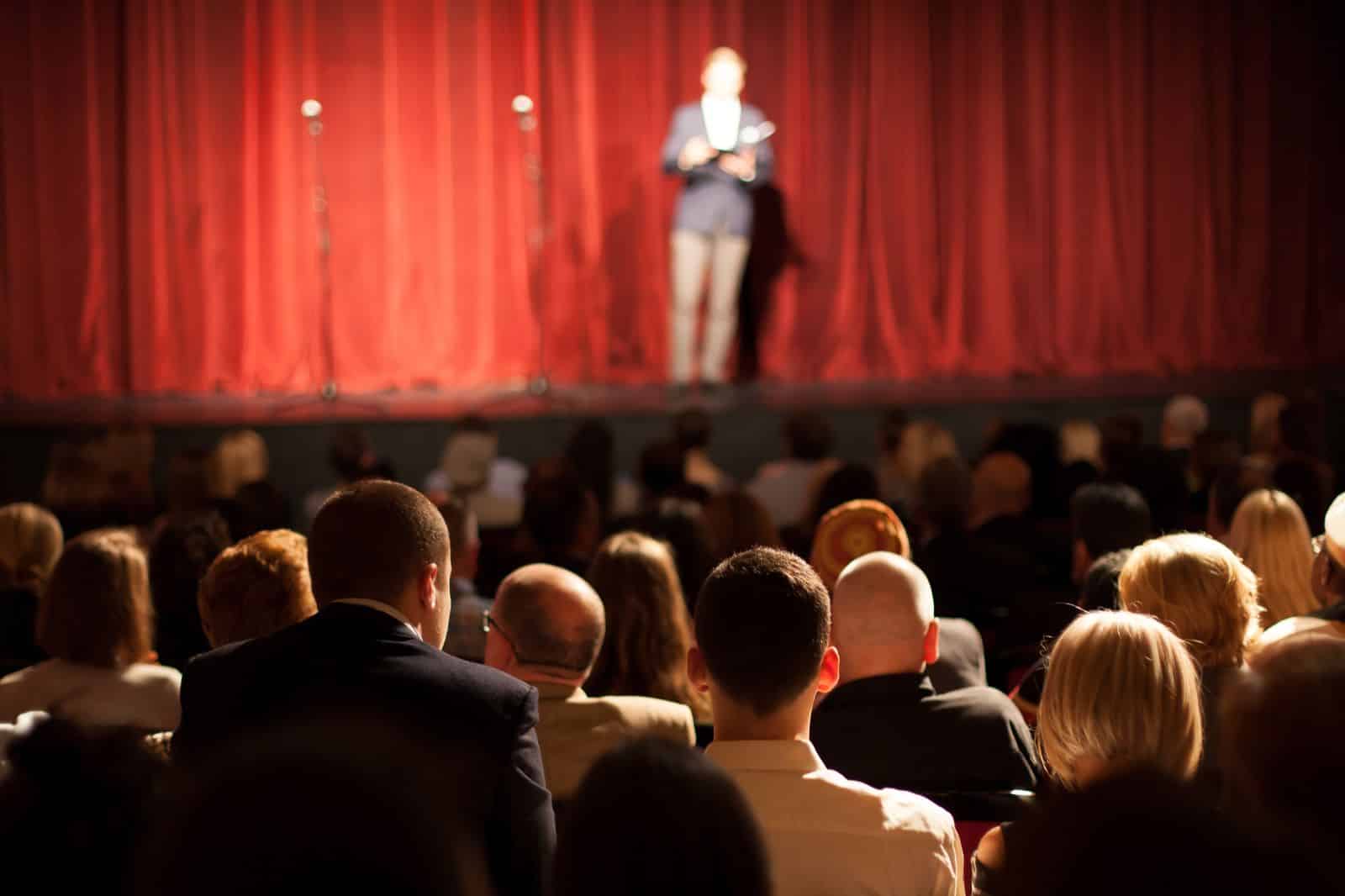
Many comedians now think twice about their jokes, fearing backlash over lines that would have been a hit a decade ago. What happened to a good old laugh?
2. Historical Statue Removals
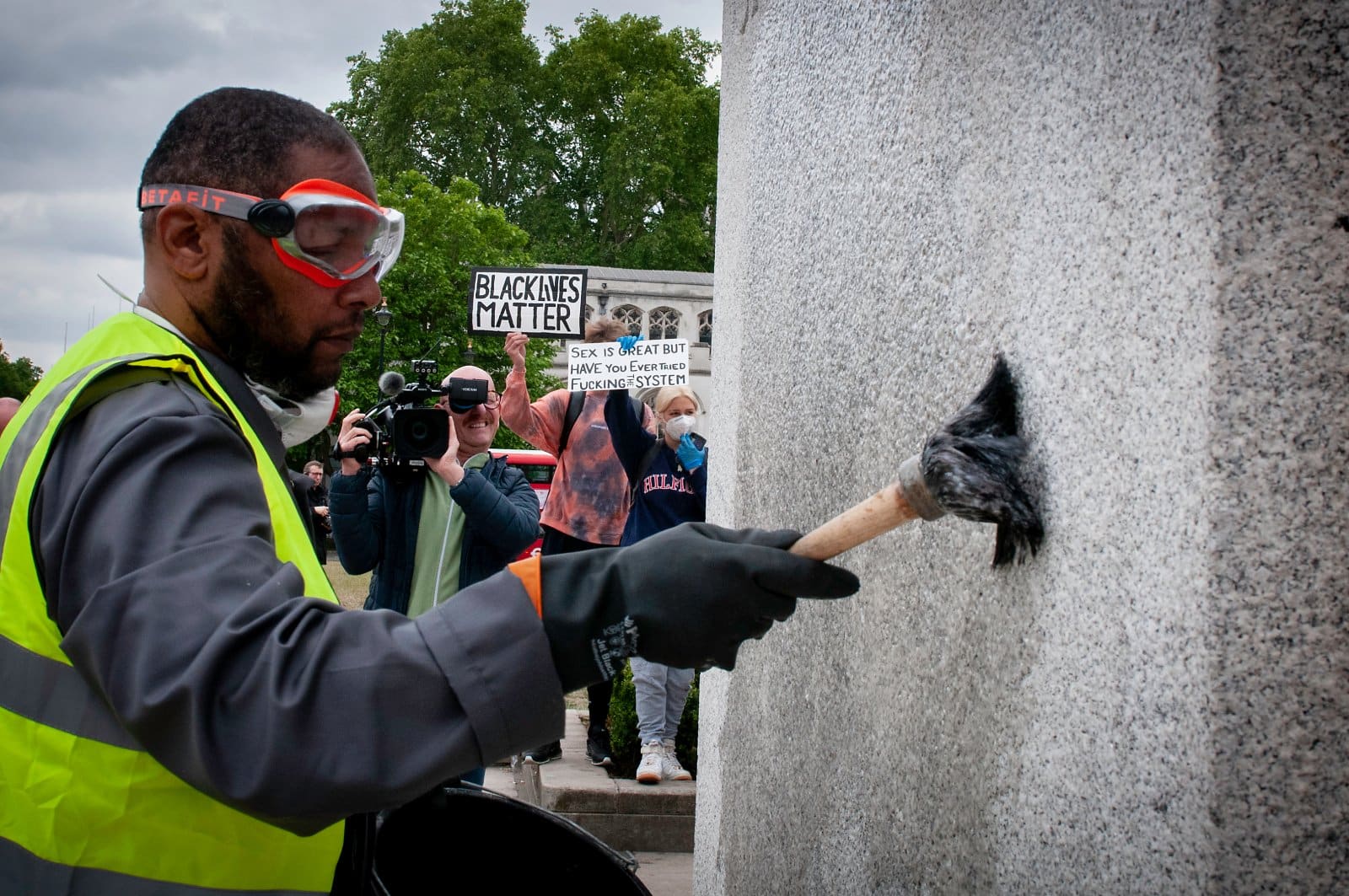
From Winston Churchill to Edward Colston, no statue is safe. It’s history, not an endorsement—shouldn’t we learn from it rather than erase it?
3. Rewriting School Curriculums

Schools seem to be overhauling history lessons to fit modern narratives. Isn’t it better to present facts and let students make their own judgments?
4. Social Media Bans

Say the wrong thing online, and you might find yourself banned or suspended. Whatever happened to “I may not agree with what you say, but I’ll defend to the death your right to say it”?
5. Forced Apologies

Public figures now often have to apologize not just for what they said recently, but for comments made years ago. Can’t people change?
6. Book Bans and Censorship
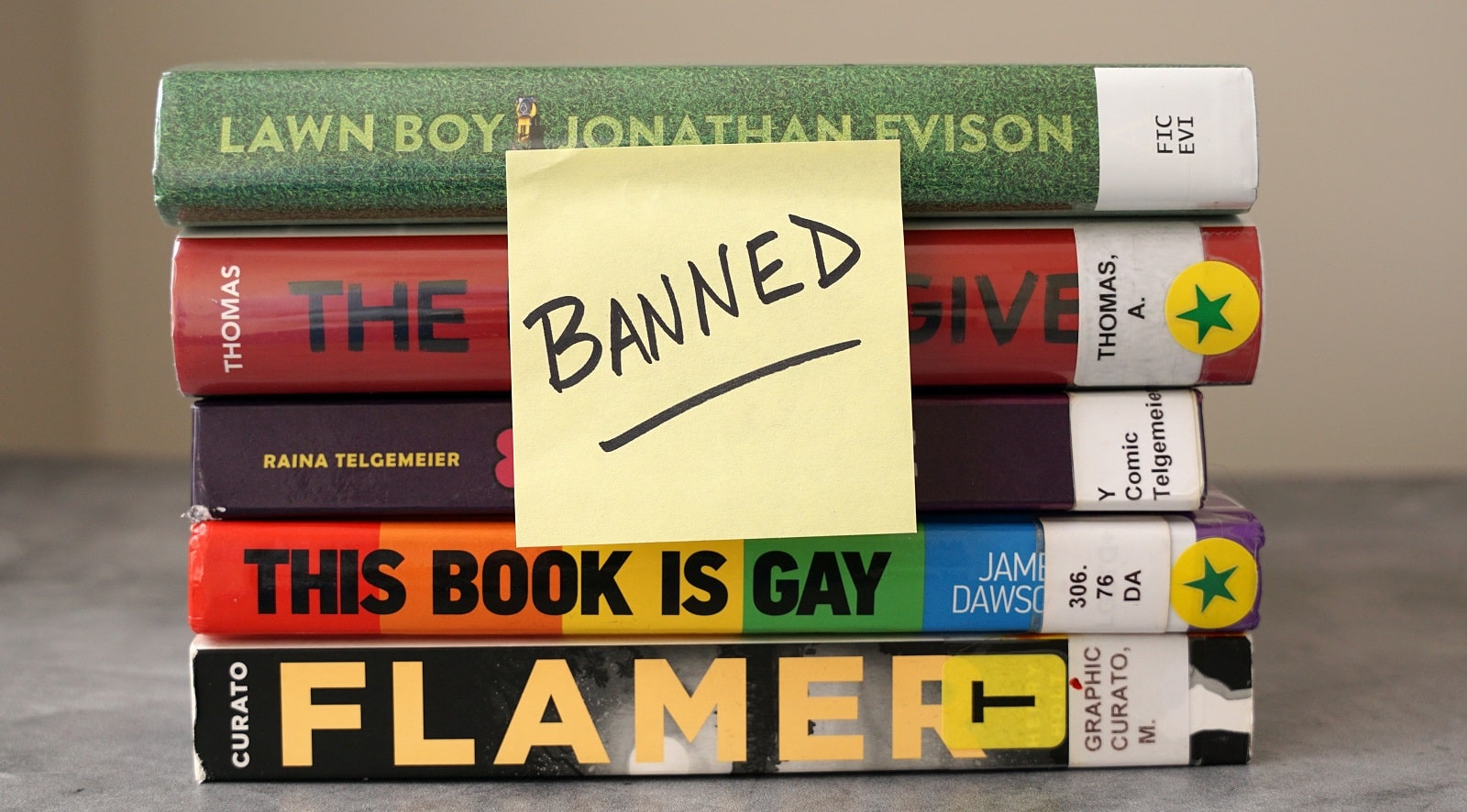
Books are being pulled from shelves in schools and libraries if they contain content considered outdated or offensive. Shouldn’t we trust readers to interpret these works for themselves?
7. Policing Halloween Costumes
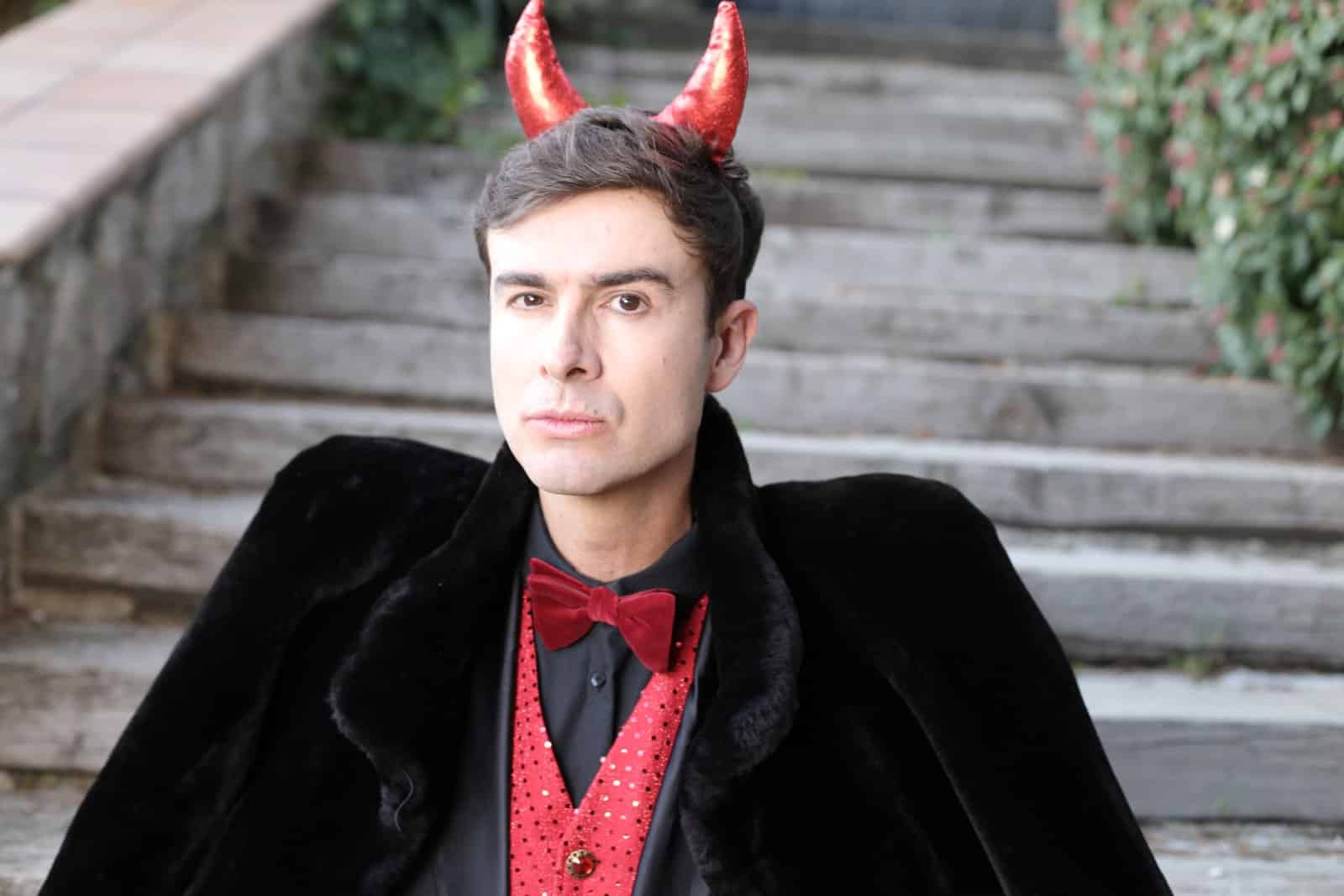
Choosing a Halloween costume has become a minefield. When did dressing up become so political?
8. Canceling TV Shows and Movies
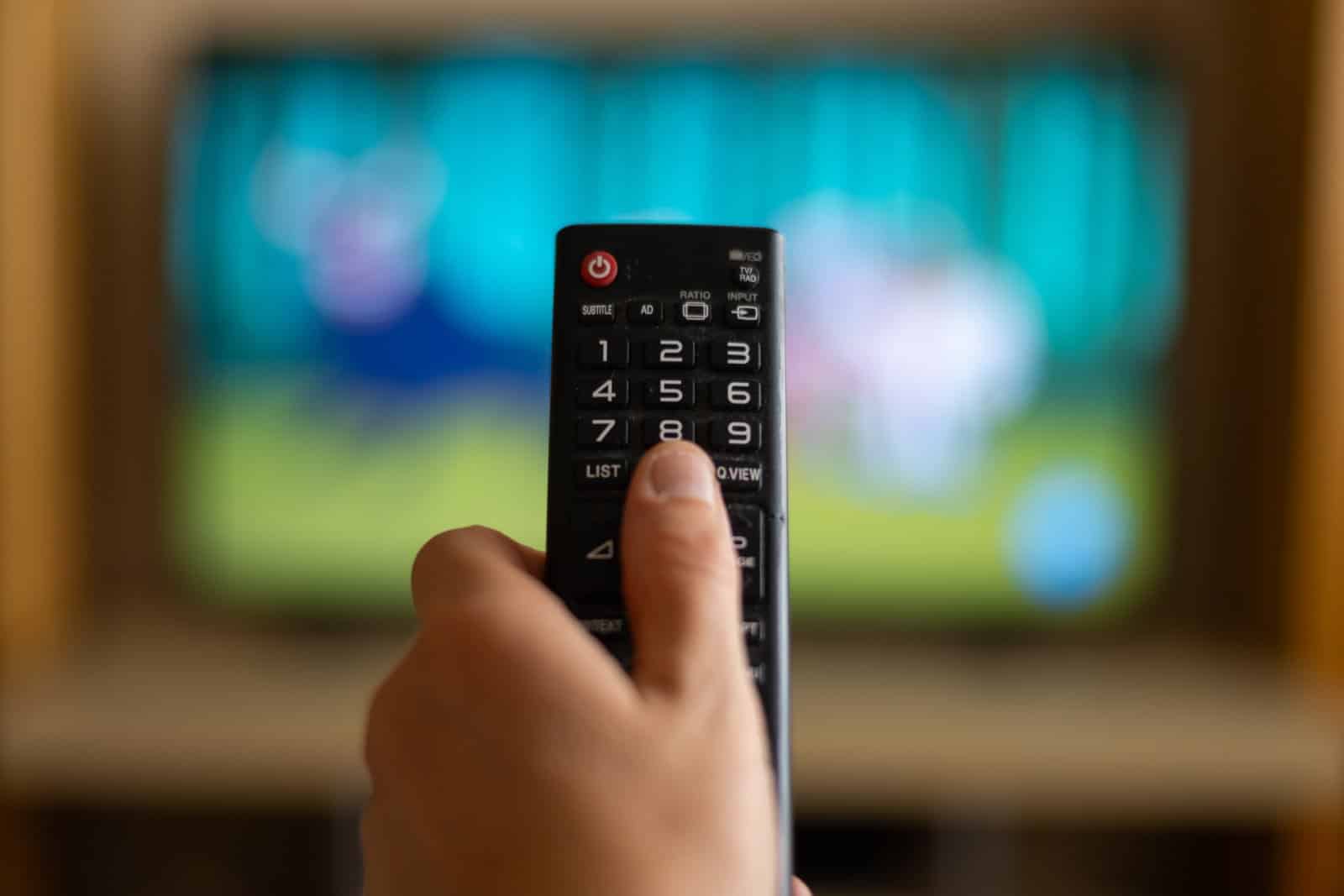
Classic films and shows are being pulled from circulation or slapped with warnings. Aren’t they a product of their time?
9. Workplace Sensitivity Training

Workplaces now often require training on everything from microaggressions to unconscious bias. Is this really making work better, or just more complicated?
10. University Speaker Bans

Speakers with controversial views are increasingly disinvited from universities. Shouldn’t universities be the battleground of ideas?
11. Diversity Quotas

From film casts to company boards, quotas are everywhere. But should jobs not go to the most qualified, regardless of background?
12. Pronoun Protocols

Everyone’s expected to share and respect chosen pronouns. It’s courteous, sure, but should it be compulsory?
13. Advertisement Regulations
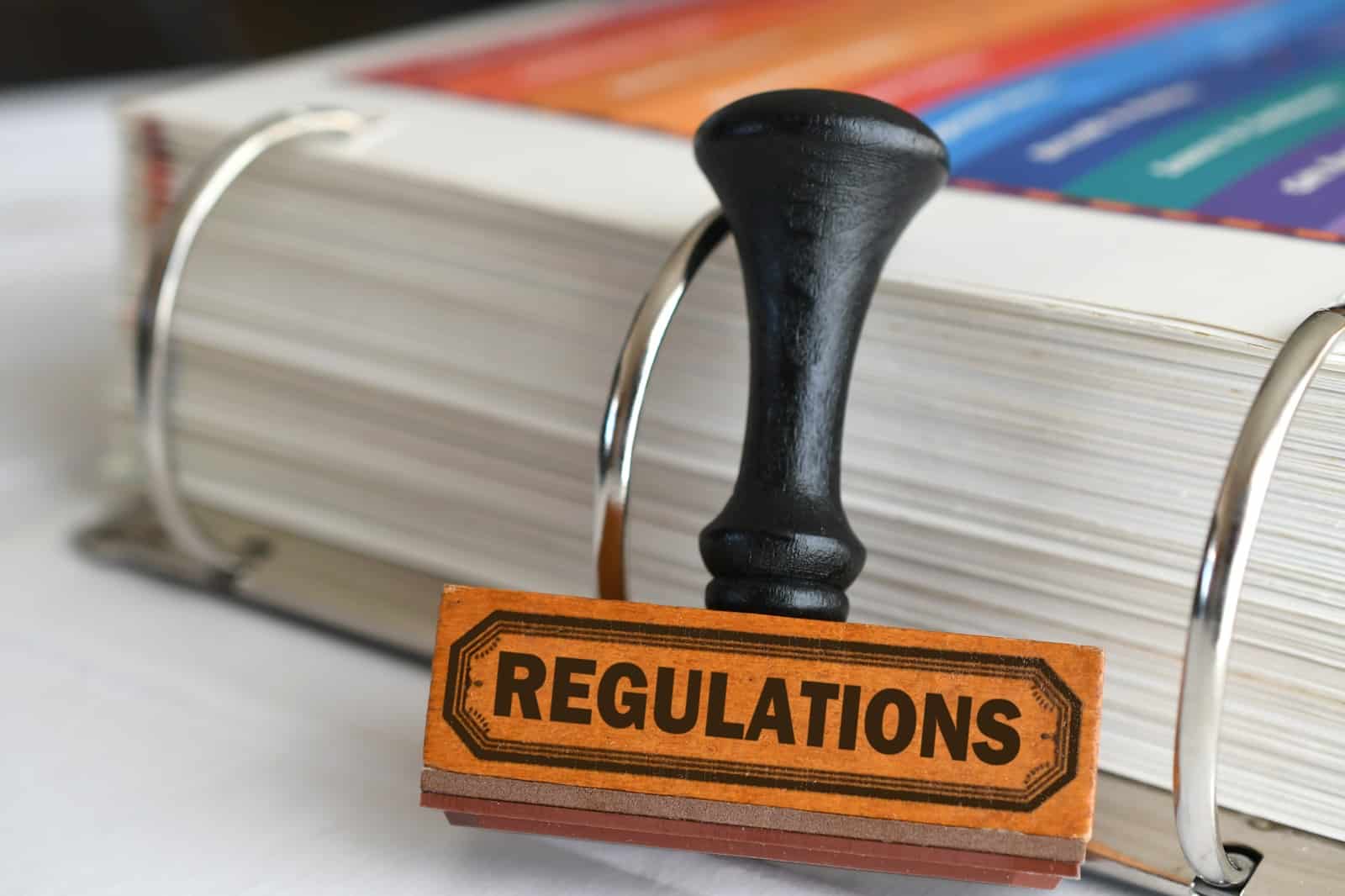
MargJohnsonVA
Ads can no longer show “gender-specific” roles. Does this help, or does it just add confusion?
14. Virtue Signaling by Brands

Brands often take stands on social issues quickly, which can feel more like a marketing tactic than genuine concern. Is this real progress or just profit chasing?
15. Removing Gender From Documents

Some official forms have dropped gender questions. Is the paperwork really the place for social statements?
16. Language Policing
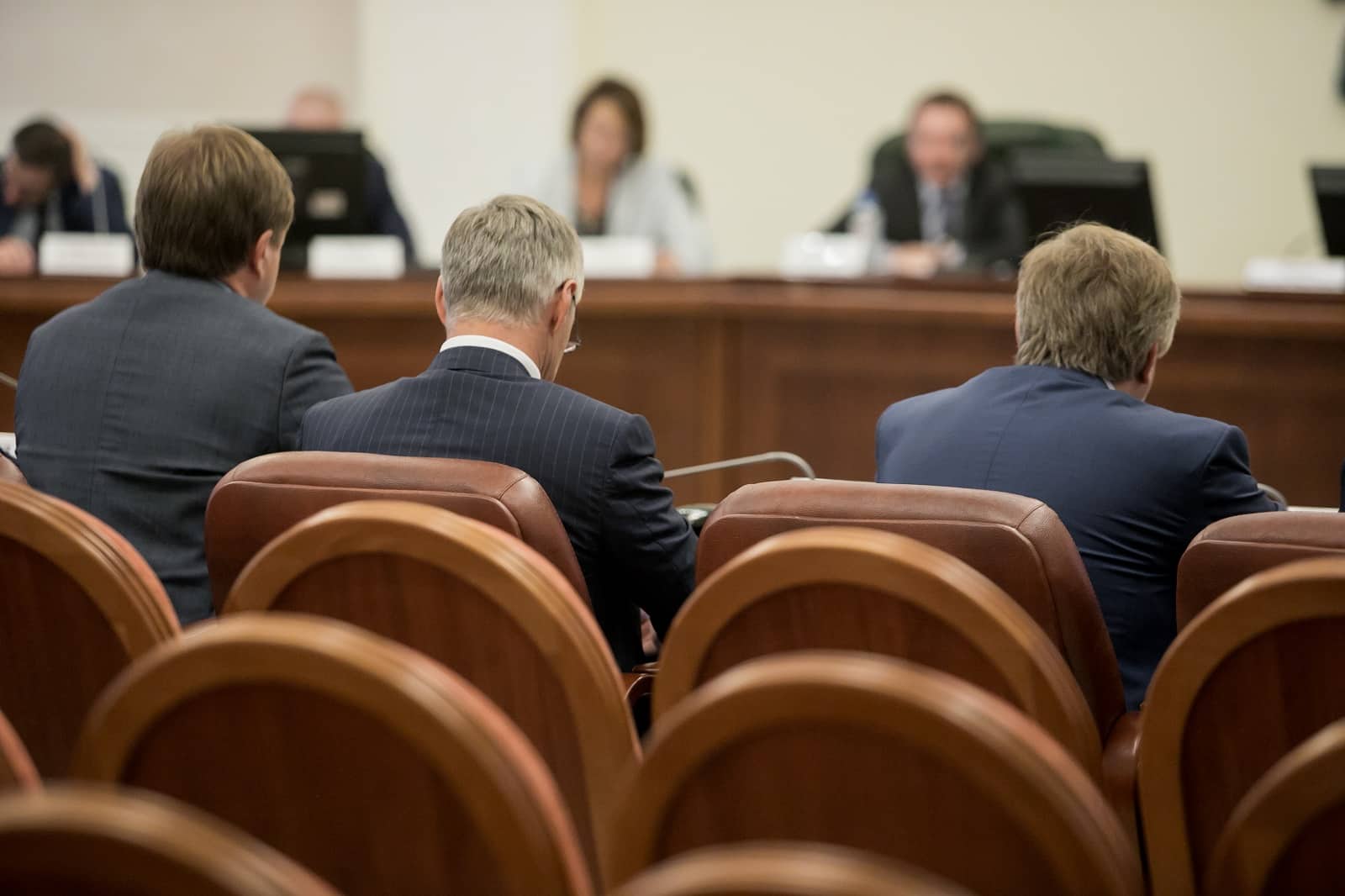
There’s a growing list of words you can’t say, with new ones added all the time. Does everyone really agree on what’s offensive?
17. Zero Tolerance Policies in Schools

Kids can be punished for what might just be childish behavior. Are we teaching them, or just punishing them prematurely?
18. Public Shaming

Online mobs are quick to shame anyone who steps out of line. Since when did the mob rule?
19. Celebrity Downfalls

Celebrities can see their careers ruined overnight over a controversial remark. Is one mistake really all it takes?
20. Corporate Cancellations

Companies cut ties with figures over public pressure without waiting for all the facts. Isn’t that just jumping the gun?
21. Rewriting Art

Even art isn’t safe. Classics are being reevaluated or altered to meet modern tastes. But isn’t the point of art to challenge us?
Political Correctness or Cultural Overcorrection?
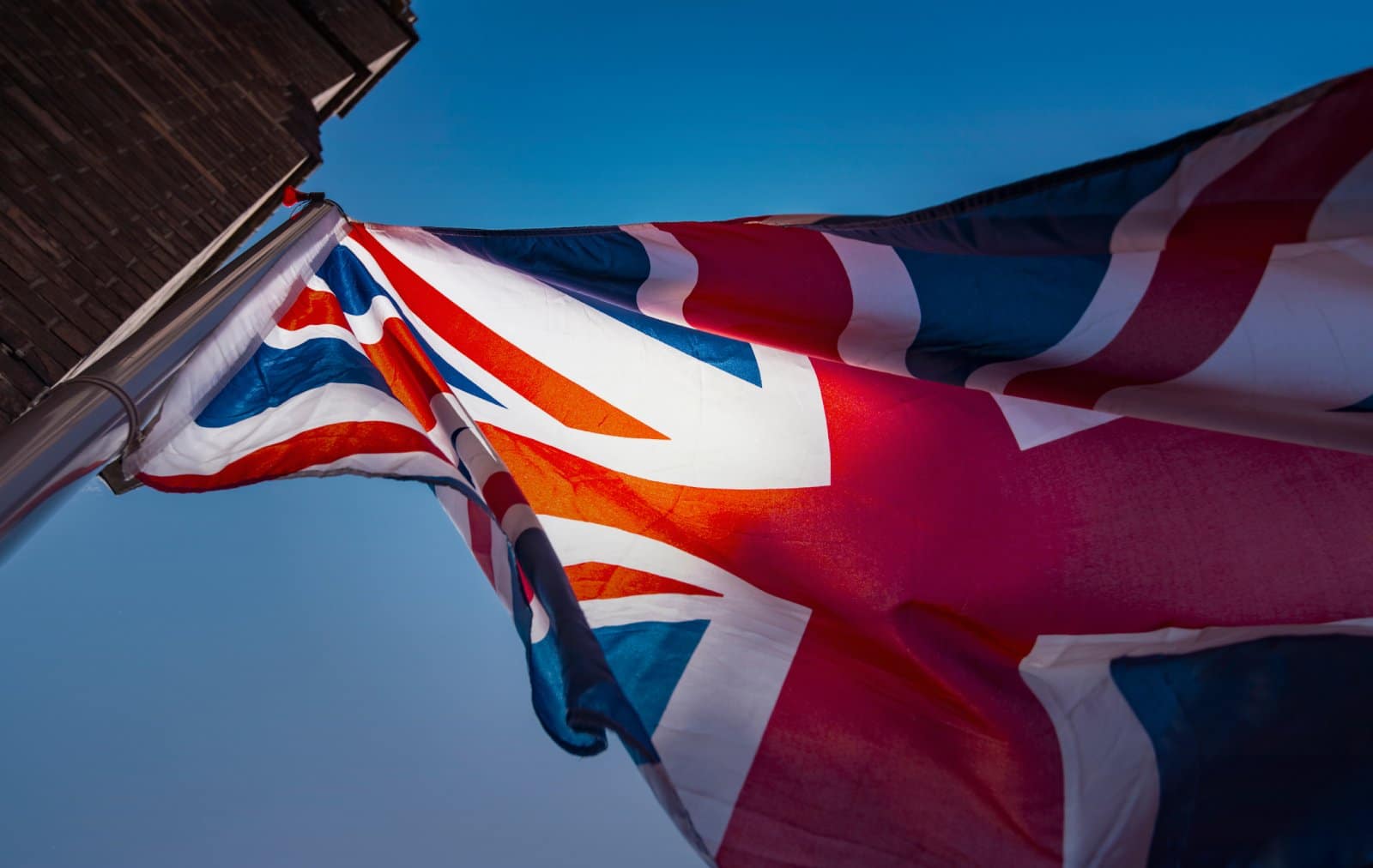
The UK seems to be on a tightrope of trying to be respectful without stifling free speech. Is this balance possible, or are we tipping too far into censorship for comfort? Can we find a way back to common sense without losing our heads?
Featured Image Credit: Shutterstock / MargJohnsonVA.
For transparency, this content was partly developed with AI assistance and carefully curated by an experienced editor to be informative and ensure accuracy.

